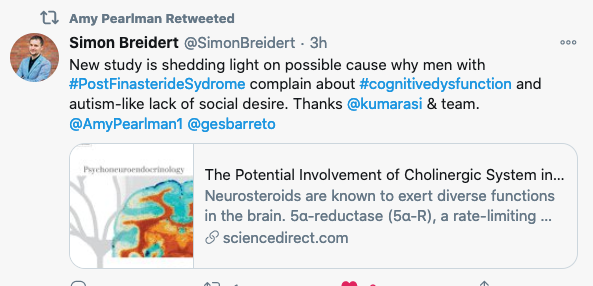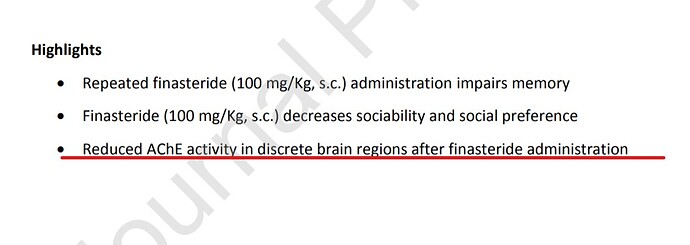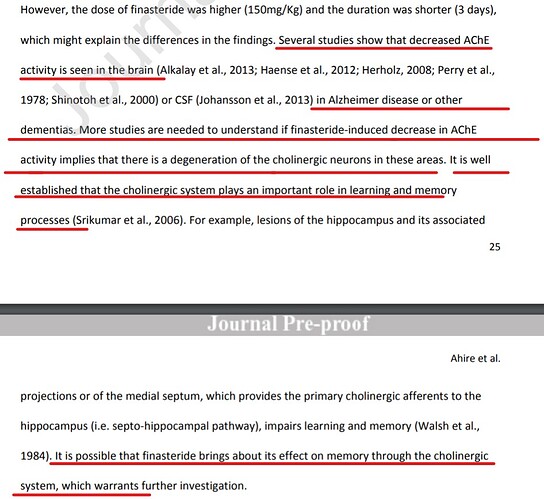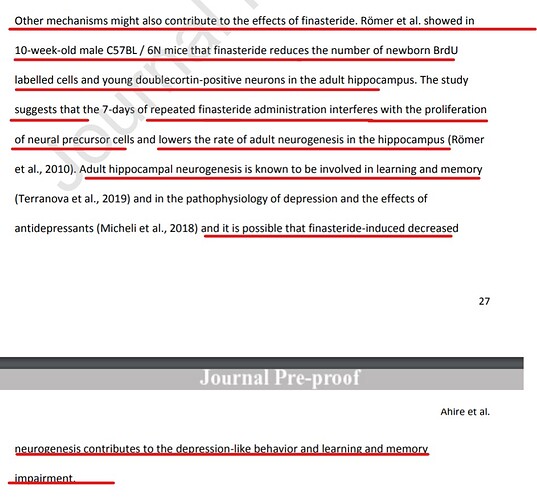I also get a clear and noticeable boost from Alpha-GPC, which is sort of an alternative to Citicoline (CDP-Choline), and one of the most effective choline and acetylcholine boosting drugs/nootropics one can get.
However after a little while it has a clearly adverse effect, making me overall more nervous, high-strung and numb sexually and other. I think this is due to it increasing muscarinic receptors, which are acetylcholine receptors, which are also spread throughout the body. Muscarinic receptors seem to be related or similar to 5-HT3 receptors, and both are targets for antiemetic drugs against nausea and vomiting (the sickness and vomiting from alcohol is actually an effect of these receptors).
After I take stuff like panax ginseng, licorice root, (hypothetically ginger, as one can imagine) which count as antiemetics and block or downregulate the 5-ht3 receptors, I feel better. Sulforaphane is also supposed to be very effective, and I’ll try that next. 5-HT3 expression or downregulation also seems to be related to numbness and sensitivity. Although sometimes I get a positive effect from Bacopa which is said to increase the receptors. Maybe because it blocks them first, or who knows (it also stabilizes 5-HT2C).
So is this pro- or against acetylcholine from my side? Well, it’s mostly against those receptors I was talking about, since again, at first I notice a positive effect from Alpha-GPC which quickly gets turned around with increased numbness etc.






